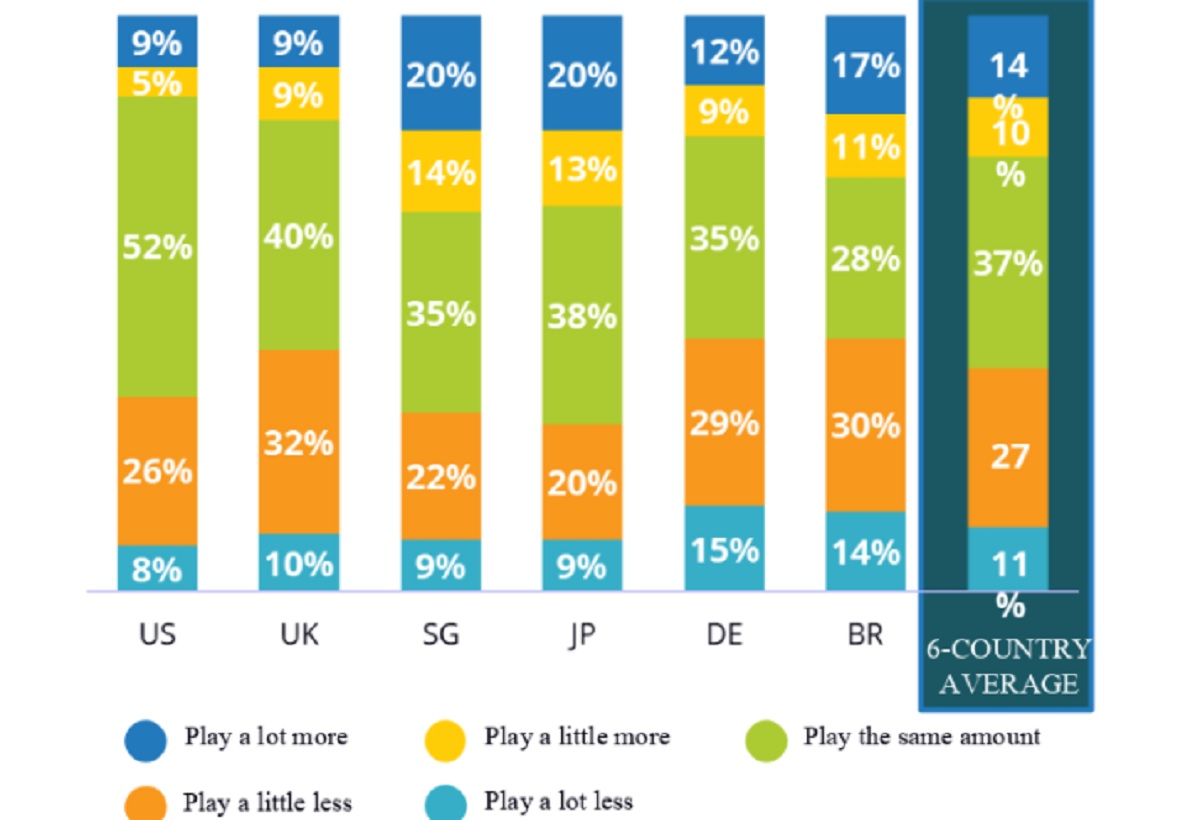About 75% of the pandemic-driven increase in mobile games will persist indefinitely, according to a new report by market researcher IDC and digital ad platform LoopMe.
The study analyzes one of the biggest questions about pandemic gaming: whether players who picked up the gaming habit during lockdown will continue playing games once they can go outside more and resume other social activities.

Unlock premium content and VIP community perks with GB M A X!
Join now to enjoy our free and premium membership perks.
![]()

![]()